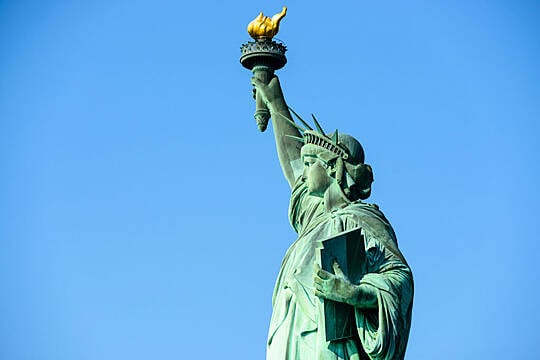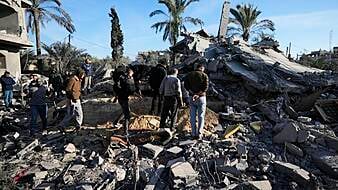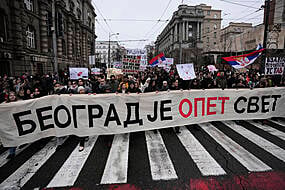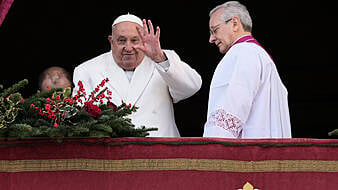New York City’s mayor declared a state of emergency on Friday over the thousands of migrants being sent from southern border states since the spring, saying the demand being put on the city to provide housing and other assistance is “not sustainable”.
“A city recovering from an ongoing global pandemic is being overwhelmed by a humanitarian crisis made by human hands,” Mayor Eric Adams said. “We are at the edge of the precipice. We need help and we need it now.”
By the end of its fiscal year, Mr Adams said the city expected to spend a billion dollars (£0.9 billion) helping the new arrivals, many of whom are heavily reliant on government aid because federal law prohibits them from working in the US.
Mr Adams, a Democrat, said the new arrivals are welcome in the city. And he spoke with pride of New York City’s history as a landing spot for new immigrants.
“New Yorkers have always looked out for our immigrant brothers and sisters. We see ourselves in them. We see our ancestors in them,” he said.
But, he added, “though our compassion is limitless, our resources are not”.
New York City’s already strained shelter system has been under even greater pressure for much of this year because of the unexpected increase of those needing help.
Between five and six buses of migrants are arriving per day, Mr Adams said, with nine on Thursday alone. Many of those buses have been chartered and paid for by Republican officials in Texas and Arizona who have sought to put pressure on the Biden administration to change border policies by sending migrants to Democratic-leaning cities and states in the north.
One out of five beds in New York City’s homeless shelter system is now occupied by a migrant, and the sudden influx has swelled its population to record levels.
The city has opened 42 new temporary shelters, mostly in hotels, but Mr Adams said more would need to be done.
On Friday, he said that included city agencies coordinating to build more humanitarian centres; fast-tracking New Yorkers from shelters to permanent housing, which would clear space for new arrivals to the city; and putting together a process for New Yorkers who have extra room to house those in need.
He called for state and federal financial aid, federal legislation that would allow asylum seekers to legally work sooner, and federal plans to fairly distribute asylum seekers throughout the country “to ensure everyone is doing their part”.
He said New York would continue to do what it could.
“Generations from now, there will be many Americans who will trace their stories back to this moment in time,” he said. “Grandchildren, who will recall the day their grandparents arrived here in New York City and found compassion, not cruelty, a place to lay their head. A warm meal. A chance at a better future.”







